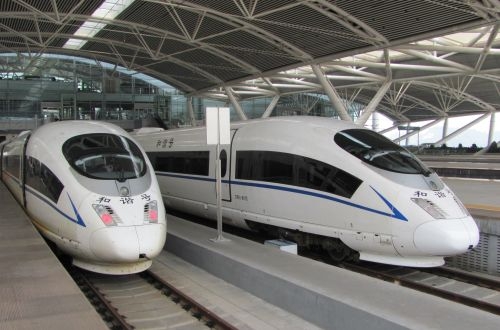The ministry's administrative functions will be transferred to the Ministry of Transport, while a new China Railway Corporation will be set up to operate the national railway.
"After separating the administrative functions from the commercial functions, we can carry out more market research, better adapt to the market, provide preferable services to customers and have more room for development," says Mr Sheng Guangzu, who will now be China's last minister of railways. "Whether I'm minister of railways or not does not matter. The key is to develop China's railways. I'm subordinate to the needs of the national cause."
Sheng confirmed that dissolving the MOR will not affect China's railway investment programme – it is currently investing Yuan 2.3 trillion ($US 369bn) between 2011 and 2015, which will double the size of 9300km high-speed network to 18,000km by 2015.
This is despite the huge debts accumulated by MOR. Its debt to asset ratio reached 61.8% by September 2012 with debts of Yuan 2.66 trillion compared with assets of Yuan 4.3 trillion. Sheng says the MOR's debts will be divided between the Ministry of Transport and the new railway depending on whether they relate to public or commercial investment projects.
The reform of the railway could help to repair the damage caused to the MOR by the Wenzhou high-speed train crash in 2011 and a corruption scandal surrounding the former railway minister Mr Liu Zhijun, who was expelled from the Communist Party.

